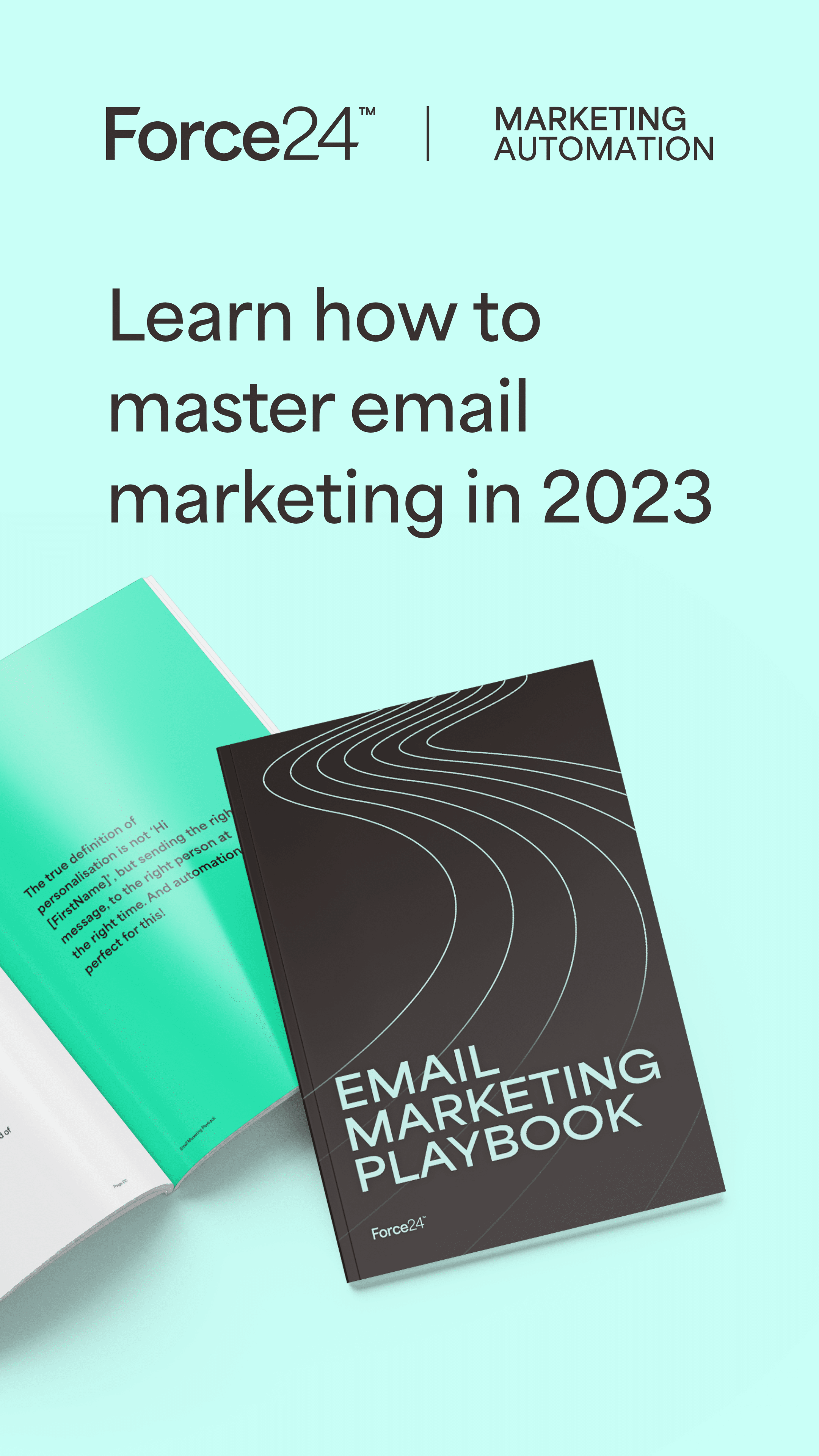We’ve been running our events for a long time. They’re unique, they’re enjoyable – and they’re hard work! Lots of planning, scheduling and strategy goes into each and every one.
When others give advice on event planning, they will give you the ‘5 Ws’:
They are: What, Why, Who, When and Where. But that’s obvious, right?
Or the ‘5 Ps to define your event’.
They are: Product, Price, Place, Promotion and People.
But that’s still not giving much detail. Here our guide to (and just a small part of) the planning and prep that goes into running a successful event…
First, set your objectives
A really important part of the planning stage – clarify the purpose of your event and what your visitor will glean from attending. It’s all about THEM. If you outline your objectives early, and decide on your key goals, the other sections of your preparation will (probably!) fall into place.
Set SMART objectives and stick to them every time. These are:
Specific: One goal, one area, one improvement.
Measurable: Quantify and track progress with specific metrics.
Achievable: Realistic and attainable
Relevant: End goal should align with your industry and valuesTime-bound: Set a clear timeline/deadline, include prioritisation and motivation
Create a winning team/group
It’s all about the people – we have a great team! Get together a group of people and give them separate elements of the event to task. Give them goals that are linked to yours (and each others) and set them organisational tasks months in advance. Set a schedule of meetings for the team that are pre-and post-event. Post-event it is so important to have a feedback session.
Have a budget
It’s so important to decide on a budget and potential expenses so that you don’t come across any nasty surprises along the way. Your team can be set different elements of this so nothing gets overlooked and research doesn’t become overwhelming. A selection of these important areas are:
- Venue hire
- Catering
- AV equipment
- Transport
- Extra staffing
- Promotional details
- Conference materials
- Signage and decoration
- Accommodation
Prepare an event schedule/programme
Spend time putting together an itinerary is worth it – you can then anticipate how long the conference (or in our case the seminars) will last and how much time you need to dedicate to each, or if you need to split them/shorten them. Then share with your team, so everyone is in the know. Remember that the longer the talks, the more likely people are to switch off and not stay focused, so consider the need for short breaks.
Select appropriate speakers/participants
Have a look at your objectives, and from that, choose who you wish to invite to speak at your event. Consider who can help you to achieve your goal, who are easily marketable and good to promote. And always think of ROI! By considering your objectives and goals, you can simplify your search for the best key speakers and decision makers.
Choose a date and venue
Your goals, choice of speakers and attendees, budget and length should determine the type of venue that you require. You can now start looking at particular venues that match all your requirements. Choose which month, day of the week and time you think is best for your event. Our events are for half days and finish just after lunch – the perfect time spent out of the office!
Create a marketing campaign
Once you’ve sorted the elements of your event, you’ve got to get it out there! Try and utilise every type of marketing material that is relevant to your event. These could be email campaigns, social media, blog content or press releases. However you decide to market your event, make sure you monitor your target audience and the success of your outreach.
Hire a technical team
It may be a cost, but if you need people to handle the audio, lighting and visuals at your events, it’s worth getting a good team. Doing so will make sure everything runs smoothly This will ensure that everything will run smoothly, without any technical glitches. Having a technical team in place will give you less worries on the day.
Remember feedback
Have a feedback process for both visitors and participants, so you can find out after the event what can be improved on for next time and also what worked well this time…
Want to see what hard work and prep creates? Get your FREE ticket to marketingSHOWCASE here

